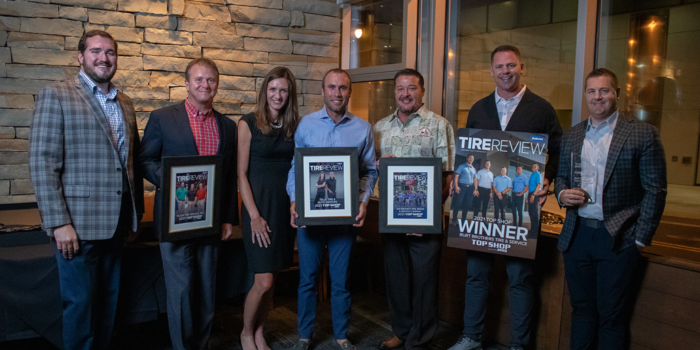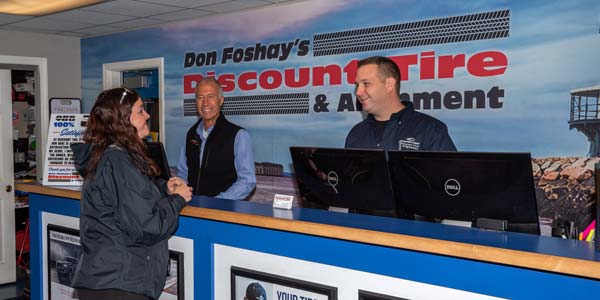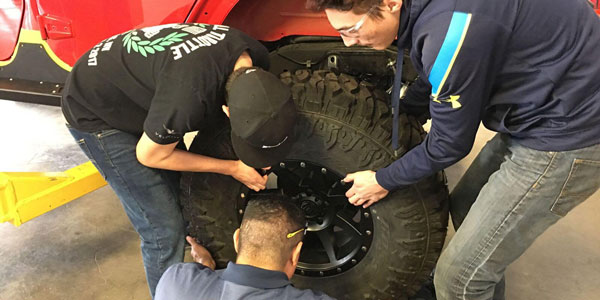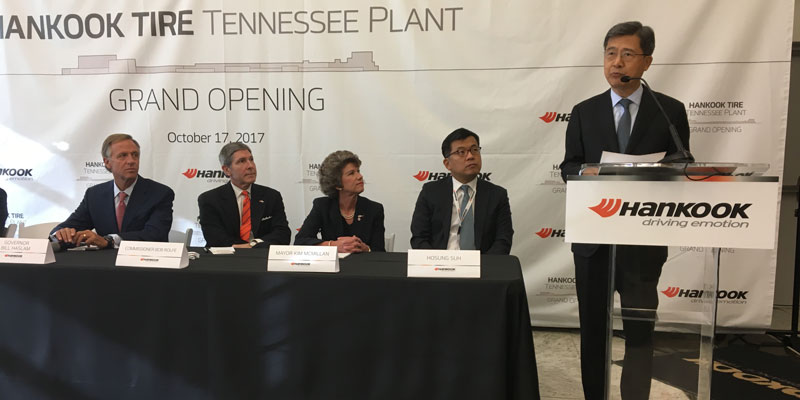With M&A activity on a strong rebound in Q4 last year, 2021 was poised to bring its fair share of new transactions as an improved business climate emerged. Record amounts of equity became available for acquisitions as well as low-cost and readily available bank financing, according to global investment banking and advisory firm Stout, which monitors tire industry M&A activity. These factors paved the way for an active M&A landscape in both the retail and manufacturing sectors at the start of this year, with more activity coming down the pipe.
Retail
Independent retailers are more valuable now than ever before. Just ask Steven Rathbone, managing director at Stout. Sure, Rathbone says, consolidation has been strong in retail for years, but the value of independent tire businesses is at an all-time high as large, private-equity backed and publilc companies compete for market share and opportunities to scale. With institutional investors backing these transactions, Rathbone says investors are demanding outsized growth and strategic buys that will help gain market share, enhance scale and yield higher returns on their equity investment.
For example, Sun Tire Auto & Service, backed by private equity firm Greenbriar Equity, went on a spree of M&A activity at the tail end of last year, purchasing at least 15 locations in the southeast. They added to that this year by announcing they had acquired five locations of Goodguys Tire & Auto Repair in Fresno, California, and have concentrated their sights on more acquisitions and expansion in the southwest and western U.S. This year, Monro, Inc. expanded its footprint, most notably with the announcement that it would acquire Mountain View Tire & Service’s 30 locations in the Los Angeles area following a stream of acquisitions in 2019. Also, Les Schwab, which was acquired by the Meritage Group, a PE firm with more than $12 billion in assets, announced its intent to acquire Plains Tire Co., an 80-year-old tire company with nine stores in Wyoming.
Private equity firms not only have the capital to complete large transactions, they also have the ambition, the motivation and the directive from their investors to grow, say Rathbone and his colleague Phillip Kane, senior advisor for Stout. “We think this is a good sign for independent retailers,” Kane confirms.
While these national retail chains continue to fight for acquisition and expansion opportunities, independent players at the local and regional level are doing the same and competing for market share and potential acquisition targets, Kane says. For example, Tire Discounters announced the launch of its franchise program earlier this year and expressed its intent to expand in existing markets as well as the southeast. The Cincinnati-based independent retailer acquired Porterfield Tire’s retail, commercial and wholesale business in Georgia last year. This year, it acquired Westgate Tire and Auto Service in Newport, Tennessee, and is on track to add six to 12 locations through acquisitions this year.

-Steve Rathbone
Commercial and OTR
M&A activity in the commercial and OTR sectors dipped modestly in 2020 compared to 2019 levels, but interest remains for regional players looking to expand their overall footprint over the next several years, according to Stout.
Wonderland Tire, in Grand Rapids, Michigan, completed the acquisition of Sumerel Tire Service, Inc., headquartered in Newport, Kentucky. The acquisition gave Wonderland 13 commercial locations in six states with the capacity to produce over 137,000 retreaded tires in its four retreading plants, the company says.
Rathbone said the fragmented landscape of commercial and OTR independent dealers is attractive to investors looking to acquire a platform with which to expand, as capital remains abundant and high-quality investment opportunities remain scarce.
Manufacturing
Some of the biggest M&A news of this year came in February 2021 when Goodyear announced it would acquire Cooper Tire & Rubber Company for almost $3 billion. Scale in manufacturing matters, and Rathbone and Kane believe that the enhanced scale of the combined Goodyear and Cooper companies should, over time, increase the combined company’s market share.
“While we don’t see the company making immediate market share gains in the Tier One segment, the transaction allows Goodyear to enhance its product offerings and gain R&D, production and distribution synergies with the addition of Cooper,” Rathbone says. “These factors could help it gain share in the Tier Two segment and OE channels.”
In addition, the acquisition gives Goodyear an opportunity to rethink its overall distribution strategy, particularly in wholesale, Kane says.
“While the Cooper brand has yet to be added to TireHub’s product offering, we know dealers are cautiously watching to see what’s going to happen with it moving forward,” Kane says. “Traditionally, Cooper Tire has been a partner with the independent tire dealer. If Cooper products were to be more widely distributed, this could create more competitive pressures in the independent tire dealer channel.”

-Phillip Kane
In turn, this could potentially open the doors for other Tier Two and Tier Three brands to do business with independent dealers and distributors, he added.
Wholesale
Wholesale M&A activity dipped slightly in 2020 compared to 2019 levels and has been quiet in the first half of 2021 with a sprinkling of transactions this year, according to Stout. However, Rathbone believes regional wholesale consolidation activity will pick up in North America as small- to midsize-wholesalers continue to be absorbed by larger regional players.
“We believe it’s possible for another ultra-regional or national wholesale consolidation to happen at some point down the line,” he adds.
With a rapidly consolidating retail landscape, wholesalers have been driven toward innovative decision making and the need to determine fresh ways to add value for dealer customers. This includes growing their brand portfolios, faster fulfillment and better inventory management, Rathbone and Kane suggest. Nowadays, the challenge for wholesalers is to align with the ever-expanding and consolidating retail networks so that they can continue to provide value.














